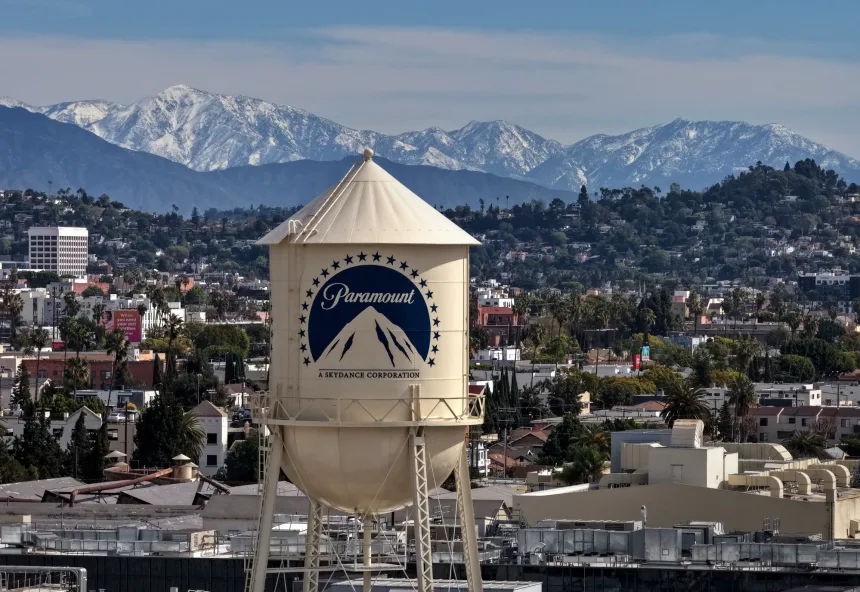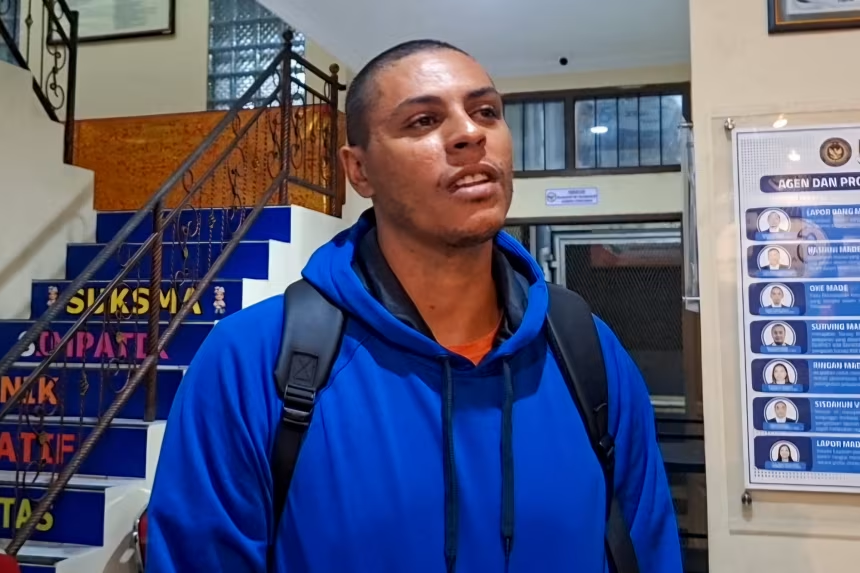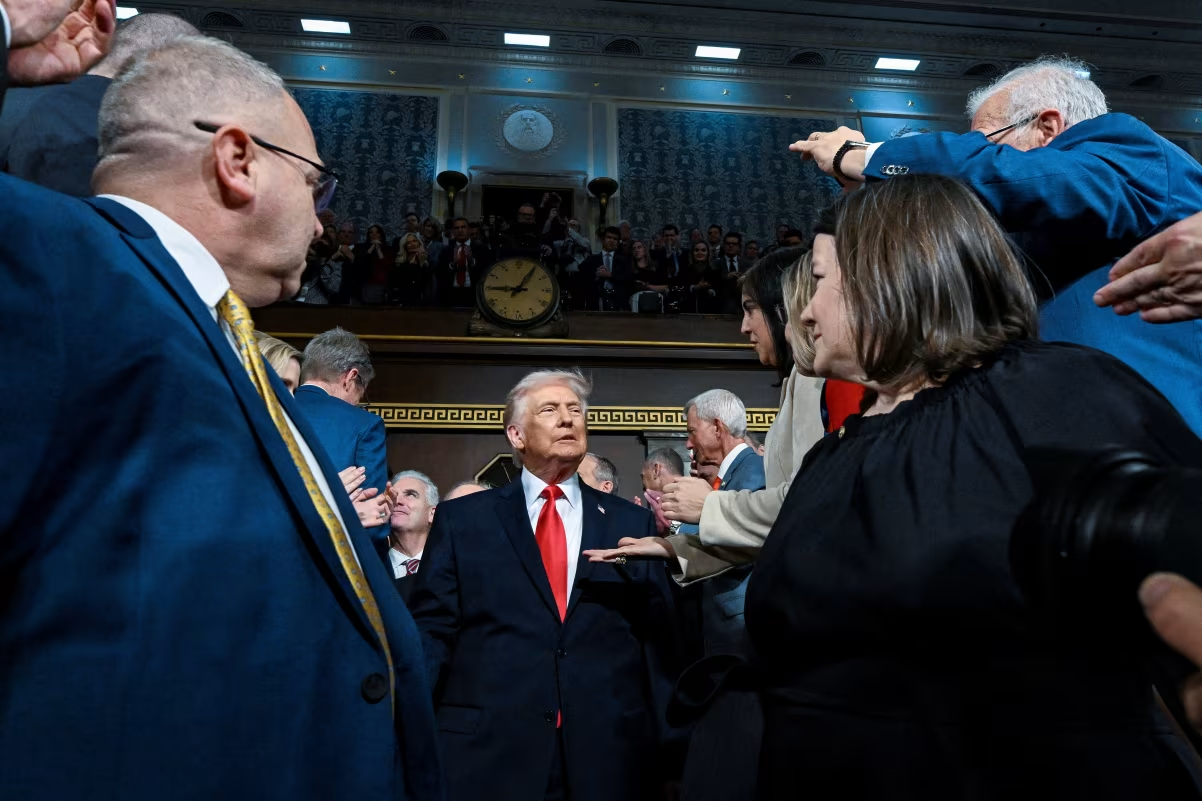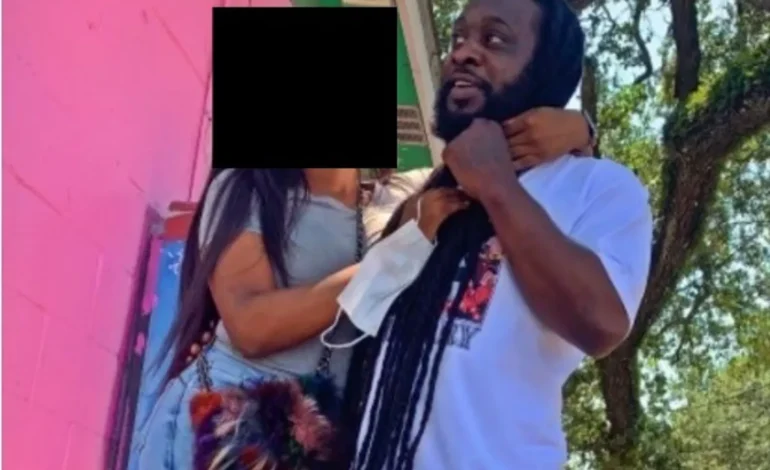The US Supreme Court has agreed to hear a case that could determine whether individuals incarcerated in state prisons can seek monetary damages when their religious rights are violated—a question raised by a Rastafarian man whose dreadlocks were forcibly cut by Louisiana prison officials.
At the heart of the case is Damon Landor, a devout Rastafarian who, in keeping with his faith, had not cut his hair for nearly two decades. In 2020, while serving the final weeks of a five-month sentence for a drug-related conviction, Landor was transferred to the Raymond Laborde Correctional Center in Louisiana. Despite presenting a court ruling affirming the right of Rastafarian prisoners to retain their dreadlocks, Landor was reportedly handcuffed to a chair while prison guards shaved his head.
Landor filed a lawsuit after his release, citing the Religious Land Use and Institutionalized Persons Act (RLUIPA), a federal law enacted in 2000 to protect the religious practices of individuals in government institutions, including prisons. His case was dismissed by lower courts, which ruled that RLUIPA does not authorize individuals to seek damages against prison officials in their personal capacity.
While Louisiana’s attorney general acknowledged that Landor had been mistreated and noted that the state has since updated its grooming policy, the state maintains that the federal statute does not permit financial compensation in such cases. State attorneys also argued that allowing such lawsuits could discourage potential staff from working in correctional facilities, potentially worsening prison conditions.
Landor’s attorneys contend that financial remedies are essential when physical or personal harm has occurred due to a violation of religious rights. They pointed to a 2020 Supreme Court decision under a similar law—the Religious Freedom Restoration Act—which allowed for monetary damages against federal officials.
“Without a damages remedy,” Landor’s lawyers wrote in court filings, “inmates will often be left without meaningful protection for their religious exercise.”
The case has drawn significant attention from religious liberty advocates and legal scholars. More than 30 religious organizations—including groups representing Christians, Muslims, Jews, and Sikhs—submitted briefs in support of Landor. They argue that without the possibility of damages, prisons have limited incentive to protect the religious freedoms of incarcerated individuals.
Inmates from minority faith groups, such as Muslims, Sikhs, and Native Americans, are disproportionately affected by religious accommodation disputes. The Justice Department has previously noted ongoing concerns with prison compliance under RLUIPA and has supported various legal actions to enforce the statute.
The Supreme Court is expected to hear oral arguments in its next term, beginning in October, with a decision likely by mid-2026.










The latest news in your social feeds
Subscribe to our social media platforms to stay tuned